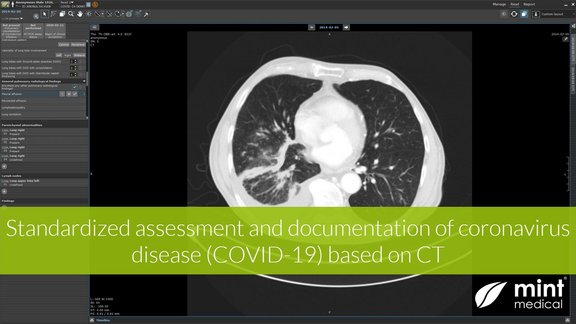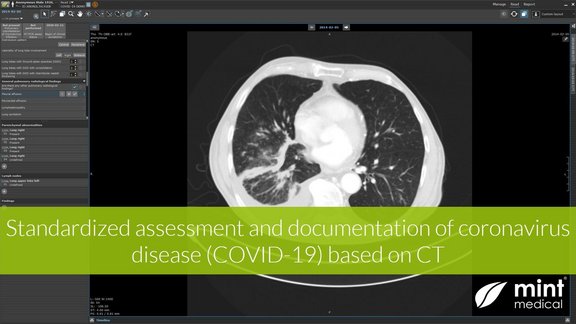A recent retrospective study led by Dr. Marilyn J. Siegel and her team at the Washington University School of Medicine in St. Louis has shed light on a critical issue in cancer care: routine clinical reads are more prone to overdiagnosing progressive disease when compared to RECIST 1.1 interpretations. This discrepancy holds significant implications, potentially leading to the premature discontinuation of effective treatments for cancer clinical trial participants and patients under standard care.
In this study, mint Lesion software was utilized for the criteria-based reads, determining overall response assessments according to RECIST 1.1 criteria, and generating structured reports for the clinical trial's principal investigator.
To learn more about the study's insights into the discrepant assessments and the suggested steps for mitigating this issue, click here.

Study Discovers Overdiagnosis of Progressive Cancer in Routine Clinical Evaluations
Related Resources
Related Resources

Potential of using structured data from clinical trials and routine for AI and radiomics research
Dr. Nils Grosse Hokamp shares his experience of using mint Lesion™ at the University Hospital Cologne in this brief interview. He talks about how they…

Mint Medical provides a reading template for the standardized assessment and documentation of COVID-19 disease (coronavirus) based on CT imaging
In the first week of March, we will make the relevant software functions available for all our current users at no cost. We plan to offer the COVID-19…

Mint Medical provides a reading template for the standardized assessment and documentation of COVID-19 disease (coronavirus) based on CT imaging
Heidelberg, GER – Mint Medical GmbH, a global MedTech company specialized in software solutions for data-driven radiology, today announced that it…